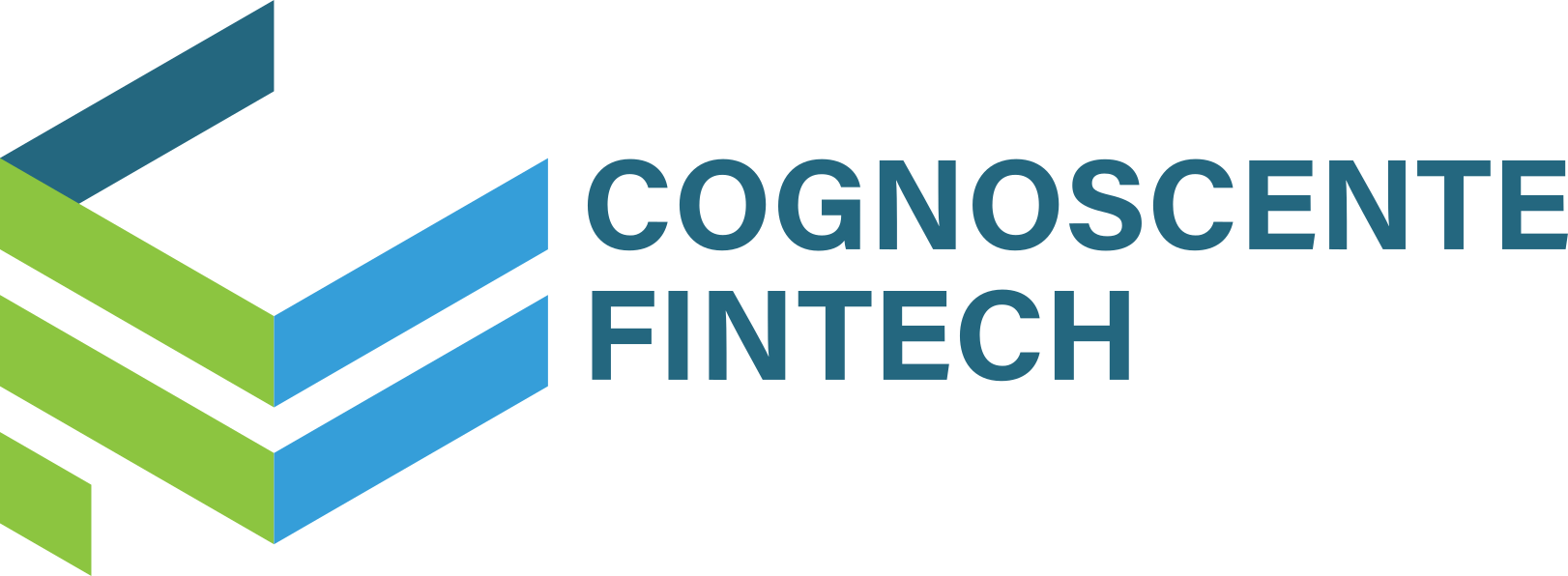Equity Trading
Equity trading or stock trading is the buying and selling of equities in the market through your registered trading account. To understand what is equity trading, you must first understand the concept of equities. Equities are a share of ownership in a company and these shares are traded freely on the NSE and the BSE for listed companies. There are over 4,700 listed equities in the BSE today. You call them by different words like equity, stock, share, etc., but they mean the same thing.
- Get stock at lowest possible price
- Short term profit with lower risk
- Hassle free ASBA process
- Meet long term goals
- No brokerage while applying in New IPOs
- Be a part of company’s growth story
Open demat account
Why Do You Need a Trading Account?
- Single-point access to multiple stock exchanges
- Access to stock market updates and information
- Flexibility in making investments
- Access to stock market alerts
- Access to customer support
- Security of transactions
Equity Trading
Equity trading or stock trading is the buying and selling of equities in the market through your registered trading account. To understand what is equity trading, you must first understand the concept of equities. Equities are a share of ownership in a company and these shares are traded freely on the NSE and the BSE for listed companies. There are over 4,700 listed equities in the BSE today. You call them by different words like equity, stock, share, etc, but they mean the same thing.
Equity Investment have an edge over simply saving money in your bank account. Investing in equity & financial derivatives markets helps to beat the inflationary pressure by delivering a higher rate of return and increasing the value of principal amount invested. Capital Gains and periodic dividend income is the revenue source from equity investments.
Benefits of Equity Trading
- Offers high Return
- Beat inflation
- Anytime Liquidity
- Trade across Exchanges
- Diversity
- Long term capital gains
- Dividend and capital appreciation
Why choose us for Equity Investments
- Leverage Products
- Personalised Equity Trading Advice
- Research Backed Equity Advice
- Profile based equity trading platform
- Secured Equity trading across all devices
Currency Trading
We live in a world that has no barriers to investment opportunities. Thanks to globalization and the internet, currency trading, as well as foreign investments, have been quite easier than before. With Tradebulls, you get thousands of chances to succeed in commodity trading and investing in lucrative options.
A market that attracts about $5.2 trillion in daily volume, recognised as world’s largest market, accessible globally 24 hours a day – that is exactly what the Currency and Forex market is made up of. The advantage of small margin requirements and lower entry barriers makes it an important part of a retail investor’s portfolio.
An increasing amount of stock traders are taking interest in the currency markets because many of the forces that move the stock market also move the currency market. One of the largest is supply and demand. When the world needs more dollars, the value of the dollar increases, and when there are too many circulating the price drops. Other factors like interest rates, new economic data from the largest countries, and geopolitical tensions are just a few of the events that may affect currency prices.
Benefits of Currency Trading
- Trade across future, options
- Small Margin Requirements
- Hedge against Risk
- Controlled Regulation
- Low transaction cost
- Diversifiaction of portfolio
- Invest , Trade , Hedge , Speculate
Why choose us for Currency Investments
- Leverage 4 times Exposure
- Secured forex trading experience
- Personalised advice
- Efficient risk management
- Dedicated advisory team
Commodity Trading
Commodities are an important aspect of most American’s daily life. A commodity is a basic good used in commerce that is interchangeable with other goods of the same type. Traditional examples of commodities include grains, gold, beef, oil, and natural gas.
For investors, commodities can be an important way to diversify their portfolios beyond traditional securities. Because the prices of commodities tend to move in opposition to stocks, some investors also rely on commodities during periods of market volatility.
Based on the historical data, adding commodities exposure to your existing portfolio helps you increase the returns while lowering the risk. Commodities have very little or negative correlation with other asset classes. There are a number of ways to invest in commodities, such as futures contracts, options, and exchange-traded funds (ETFs).
Benefits of Commodity Trading
- Low Margins and high leverged retuns
- A hedge against inflation
- Linked with international market scenario
- Trade in bullion , energy , agro
- Hedge against risk
- Internationally standarised prices
- Diversifiaction of portfolio
Why choose us for Commodity Investments
- Leverage 4 times Exposure
- Secured trading experience
- Intraday and positional advice
- Dedicated advisory team
- high-end online platform for convenience
Invest in equity & financial derivatives
IPO funding is basically a credit facility that’s offered by many Non-Banking Financial Corporations (NBFCs). If you’re low on funds, you can use this loan to apply for an IPO of your choosing so as to not miss out on the wealth creation opportunity. Margin funding in IPO has become very popular over the years, with many financial institutions offering the facility to retail investors, High Net Worth (HNI) individuals, corporate entities, and partnership firms.
The life cycle of a typical IPO consists of three distinct phases – a pre-IPO transformation phase, an IPO transaction phase, and a post-IPO transaction phase.
The pre-IPO transformation phase is when the company complies with all the processes, procedures, and regulatory requirements.
The IPO transaction phase is when the issue is finally put up for subscription and entails public investors applying for an IPO. It also involves the allotment of shares to the investors who applied for the IPO as well.
The post-IPO transaction phase starts when the shares are finally listed on the stock exchanges and investors buy and sell them freely.
Of course. You can revise or cancel your IPO subscription application till the IPO closing date. To do so, all you have to do is log into the trading portal of Kotak Securities, navigate to the IPO section, where you can choose to modify the order or cancel it completely.
Companies looking to go for an IPO typically use the book building method as a means of price discovery. Here’s the meaning of the book building process in an IPO.
The book building method is the process through which a company attempts to discover the price at which its shares should be issued at. And to do so, the company usually comes up with a price range and investors who are desirous of applying for the IPO are required to bid for it at the price that they think the shares are worth. And the price at which the maximum number of bids are made is finally fixed as the IPO price.
Any individual, corporate entity, or a partnership firm can invest in an IPO. The only prerequisite for investing in one is that you require an active demat account.
An Initial Public Offering, also known as an IPO, is the process through which a company offers its shares up for sale to the general public for the first time. This is the traditional IPO definition. Once a company has sold its shares to the general public, which includes both institutional and retail investors, they get listed on a stock exchange and can be traded freely.
To apply for an online Initial Public Offering (IPO) through Kotak Securities, you first need to open a trading and demat account with us. Once you’ve opened it, log into the Kotak Securities trading portal using the credentials given to you and select the IPO that you wish to invest in. Upon selecting the same, proceed to enter all the relevant details and place the order. And that’s it. With Kotak Securities, investing in IPOs online is extremely easy and quick.
The IPO issue size represents the total number of shares and the total value of the shares being put up for sale by the company. On the other hand, the IPO lot size is the minimum number of shares for which you’re required to place an order.
You can get an application form for an upcoming IPO or a New Fund Offer (NFO) through various different ways. Here’s a quick look.
You can get it from the trading portal of Kotak Securities, where you can also apply for the upcoming IPO online.
You can get a physical copy of the application form from any of the branch offices of Kotak Securities.
You can get the application form from select banks or from stalls in front of the stock exchanges.
And finally, you can also get it from the lead managers of the IPO issue.
To check the start date of a public issue, all that you need to do is take a look at the IPO calendar hosted on the Motilal Oswal website. In addition to giving you an idea about the upcoming IPO list, it also provide.




